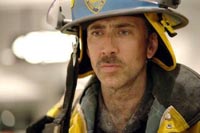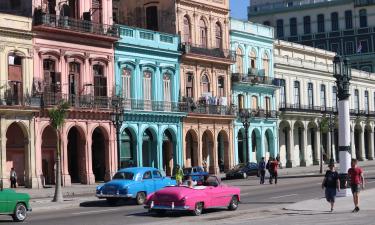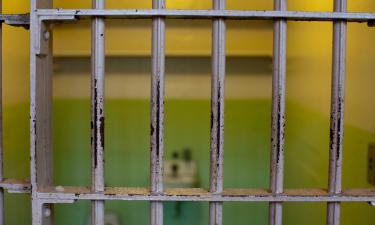Oliver Stone creates utterly shameful piece of work trying pay tribute to WTC victims
If the Internet movie database IMDB reports are to be trusted then as of today there are at least 300 movies featuring the no-longer-existent World Trade Center of New York City – from the first “Superman” and the second “King-Kong” to the “Usual Suspects” or something like “The Toxic Avenger.”

And one must admit with much regret that the “World Trade Center” by Oliver Stone is nearly the weakest of them all. Unfortunately it was this particular film that was supposed to become a memorial for the tragic event of September 11, 2001, when the famous American skyscrapers technically ceased to exist and became a symbol dividing the American life and the life of the rest of the world into “before” and “after” periods.
It would be strange to expect the unusual and perhaps even provocative undertones from a project of this kind: it would be too daring even for such a notorious rebel and misanthrope as Stone, who in his movies often seeks to give his personal unflattering opinions on the controversial events in American history. Especially since the “World Trade Center” claims to be an authentic account: all actors represent the actual characters with their true names and the movie script itself was written in accordance with the detailed recollections of the eyewitnesses and others who were personally involved in the tragedy.
This means that if the two firemen John McLoughlin (Nicholas Cage) and Will Jimeno (Michael Pena) buried alive under the rubble sing to each other a melody from an old “Starsky and Hutch” TV series and a navy soldier Dave Karnes (Michael Shannon) goes to get a haircut before he volunteers to come to the destruction site and help the rescue mission, then melody had indeed been sung and the hair had indeed been cut in real life. And even the crashed dying fireman’s vision of Christ with a water bottle in hand is not a creative element but rather an honest depiction of the last thing passing through the mind of a despairing person.
Having produced his movie in this way Stone took away not only its artistic quality (a reconstruction of such accuracy could hardly appeal for aesthetic values), but what is most important, he got rid of any potential for the most basic criticism. It feels wrong to have to say that the dramatic development within the film is uncomfortably corny, that the actors’ job is horrible beyond all comparison and that the occasional contemplative moments are primitive and boring to such an extent that they are not even worthy of discussion.
But it seems these things do need to be said. Because the “World Trade Center” in contrast with the actual events which it attempts to portray cannot even hope to get a solid “C.” Furthermore, after a torturous hour of having to watch Nicholas Cage’s mustache neatly covered with dust (filmed at such a close range that it often takes up two-thirds of the screen), or firemen’s wives glued to TV screen and phones in perfect make-up, or, worst of all, Christ wearing sackcloth made out of special material designed for firemen’s uniforms according to Stone, one can’t help a blasphemous persistent feeling that the film is some sort of bad parody. Perhaps even hypothetical “Hot Shots” mocking what may not be mocked in principle.
Obviously Stone himself and others involved in the project (which could hardly be called a project) did not have this as an intention (at least so one hopes). But the result is clear. Instead of a minute of silence the viewers received two hours of stagnant half-hearted “hymn to the heroic spirit of humanity,” performed with instruments completely out of tune.
Vremya Novostei
Translated by Natalia Vysotskaya
Pravda.ru
Subscribe to Pravda.Ru Telegram channel, Facebook, RSS!





